Lords of the Fallen developer CI Games recently pledged that it won’t include “social and political elements” in its games going forward, because “players do not appreciate this”. It’s a flimsy argument that caters to a very angry but vocal minority of players, and looking at its inspirations proves how little weight this narrative has. Social and political undertones are at the root of every Soulslike.
Dark Souls is incredibly overt in its critique of classism. Humanity is subjugated by a ruling elite who hoarded lord souls for themselves, selfishly coveting power and wealth. When we first arrive in Anor Londo, its lavish splendour stands in stark contrast to the dingy, rundown bergs below that have been left in complete disrepair. This uneven divide between humanity and the upper class is made abundantly clear the moment the bat demons drop us at the entrance, and it’s a theme that only grows throughout the trilogy and into spiritual successors like Bloodborne and Elden Ring.
Souls Games Are All About Classism
We see the poor living in the sewers, while self-described gods manufacture propaganda and false prophecies to corral the undead into sacrificing themselves to continue their age of opulence and greed. Gwyn, the head of this pantheon, fears humans, as their sheer numbers are a potential threat to his rule. So, he manipulated the pygmies into seeing themselves as lesser, elevating himself to divine status so that they would never threaten him. He is their god, after all, and who would dare kill god?
Classism, and how religious dogma can be manipulated as a means of control, is a core theme throughout FromSoftware’s games, as are the inevitable dangers of greed and selfishness that wealth is built upon. Sowing fear amongst the masses is also a common populist tactic in modern politics. Lords of the Fallen never shies away from its Soulsborne inspirations, and the first game from 2014 has incredibly similar themes as a result. The god Adyr subjugated humanity under false religious pretence, much as Gwyn had done, building an army of fanatics. But his cruel leadership would be his undoing, as he was torn from his lofty seat of power by a rebellion of the poor and disenfranchised.
In the original game, we even play as a branded criminal rising to greatness, the lowest of the low overcoming prejudice.
Art is always inspired by the artist’s lived experience, giving way to such commentaries on class, power, wealth, and religion, which are all undeniably social and political by nature. But when gamers talk about politics, they don’t often mean literal politics, but diversity — women who don’t conform to usual beauty standards, LGBTQ+ representation, Black characters, etc. When CI Games says that it’s distancing itself from these themes, it’s a clear attempt to appease the same crowd who claim they want games to be mere escapism, when they really just mean straight and white.
A rabble-rousing Twitter poll from CI’s CEO on removing ‘Type A/Type B’ in favour of ‘Male/Female’ is more of this shallow appeasement in the face of a series that has often struggled for popularity. It, ironically, is sowing fear amongst the masses to shield itself.
Soulsborne Games Have Always Been Queer
Classism and religious dogma are just one aspect of Dark Souls and later FromSoftware titles. They are also deeply queer. Demon’s Souls originally had gender-locked armour, or gear that would alter depending on your gender, but Dark Souls scrapped that idea entirely just two years later. This marked a huge shift for Soulsborne games as a whole, as FromSoftware began to move away from gender conformity entirely.
In Dark Souls, Gwyndolin is referred to by male pronouns, and is even described as a “brother”, but he was raised as a girl due to his affinity for the moon. We see this represented by his feminine clothing and his character model’s actual body, furthering the idea that he is non-gender-confirming. But he was handled with the same sincerity as every other character in the game, never mocked or degraded. We saw elements of this in Elden Ring with Miquella, who is also ambiguous in their appearance.
Dark Souls 2 allows you to change your gender at any time via the coffin, ergo allowing you to play as a trans character, and its penultimate boss — the Throne Watcher — is referred to by male pronouns in the English translation, despite having a feminine body. The Japanese version is much more ambiguous, referring to them only as “it”, furthering this idea of non-gender-conformity we see throughout the series.
In Dark Souls 3, you could have a beard regardless of gender, taking the customisation options even further. Elden Ring then took this to its natural conclusion by replacing genders altogether with ‘Body Type A’ or ‘Body Type B’ (which all of its themes have since been diluted down into, hence the poll), while also allowing you to marry Ranni regardless of whichever you chose.
FromSoftware has been shifting away from binary ideas of gender for over a decade now, with increasingly queer themes (like Metyr becoming a mother), and its games have only skyrocketed in popularity. Elden Ring alone outsold the entire Dark Souls trilogy in just three years, with over 28.6 million copies sold. Its topics of classism and religion, as well as its queer themes and characters, did not prevent its enormous success.
‘Go woke go broke’ is rightly laughed at, because it’s so easily disproven. The Last of Us Part 2, featuring a gay protagonist as well as landmark trans representation, sold over ten million copies and became a best-selling PS4 exclusive; Baldur’s Gate 3 is only getting bigger every year, with its diverse cast of queer characters driving that popularity; Bloodborne, which fans are begging Sony to bring back with such fervour, is an examination of gothic culture and class under a much more critical lens, and some even view the game’s ideas of transcending your physical body as a trans allegory, like Nightmare Kart developer Lilith Walther.
CI’s argument has no foundation in reality, this is merely a developer trying to turn the anger and backlash of gamers into a business opportunity because its game was not as popular as it had hoped for. Lords of the Fallen sold just 1.2 million copies on a $66 million budget (the most expensive game in CI’s history). This is a desperate, last-ditch effort to build an audience after ten years of trying and failing to capture the success of Dark Souls. It’s reverse Rainbow Capitalism, a hollow message of support to win over a new audience, rather than looking inward at the real problems — the confusing sequel name, the lack of identity, or the hugely inflated budget.
Maybe it’ll work and the next game will be a hit with the anti-woke crowd, or more likely, it’ll just buy them five minutes of goodwill.
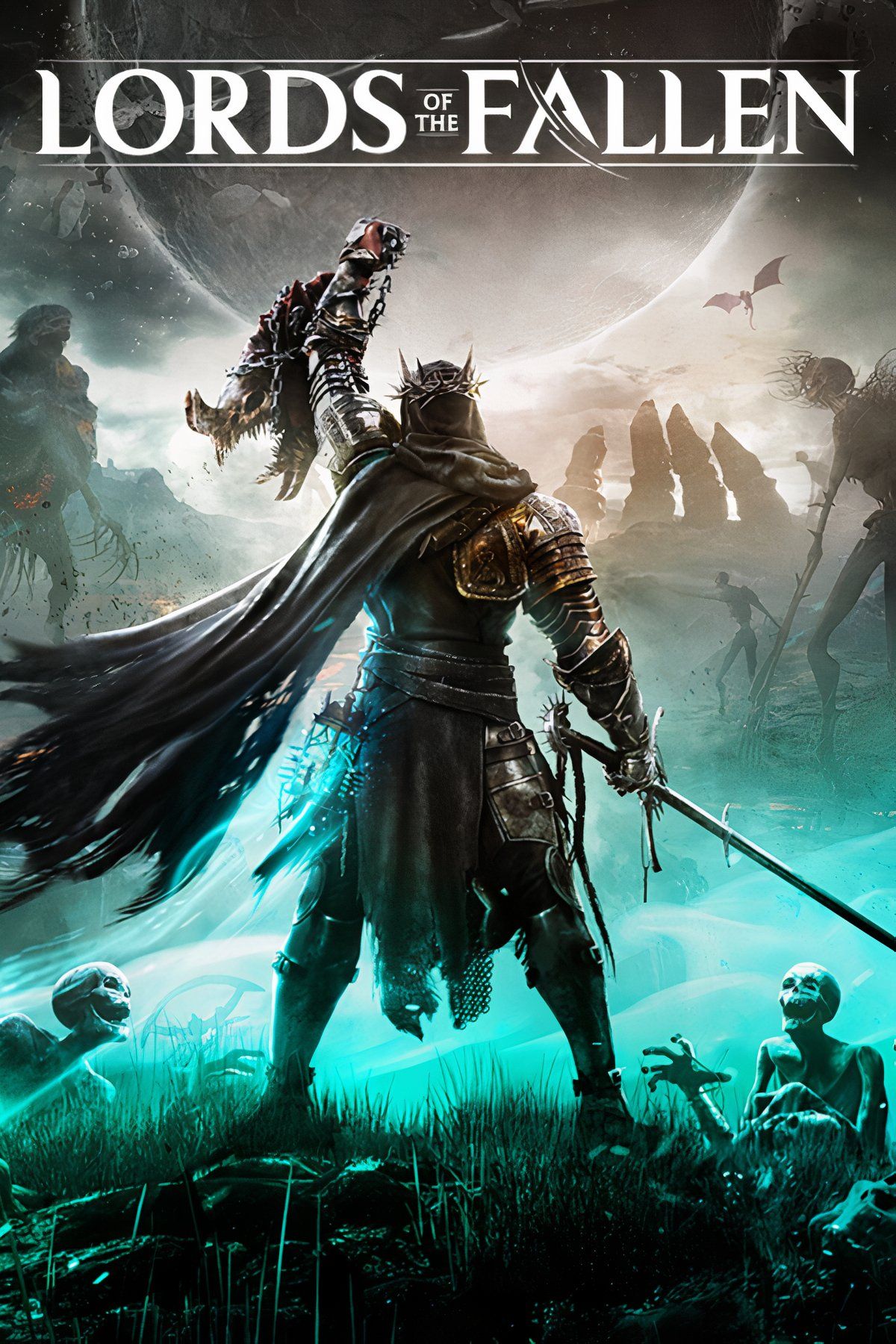
Lords of the Fallen is a next-gen soulslike action RPG, and a soft reboot of the 2014 original. Developed by Hexworks, it features two parallel worlds – the living Axiom, and the dead Umbral.
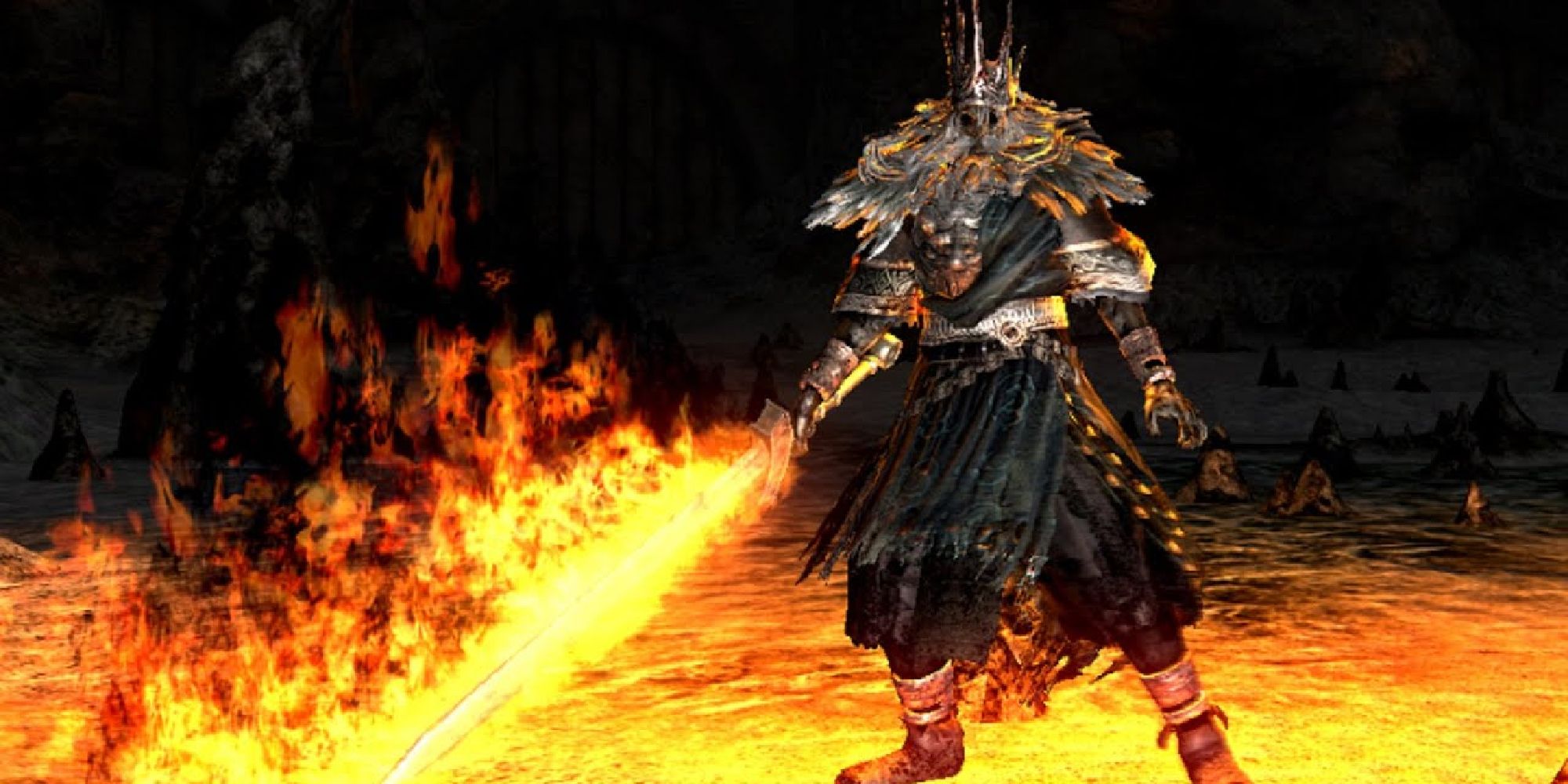
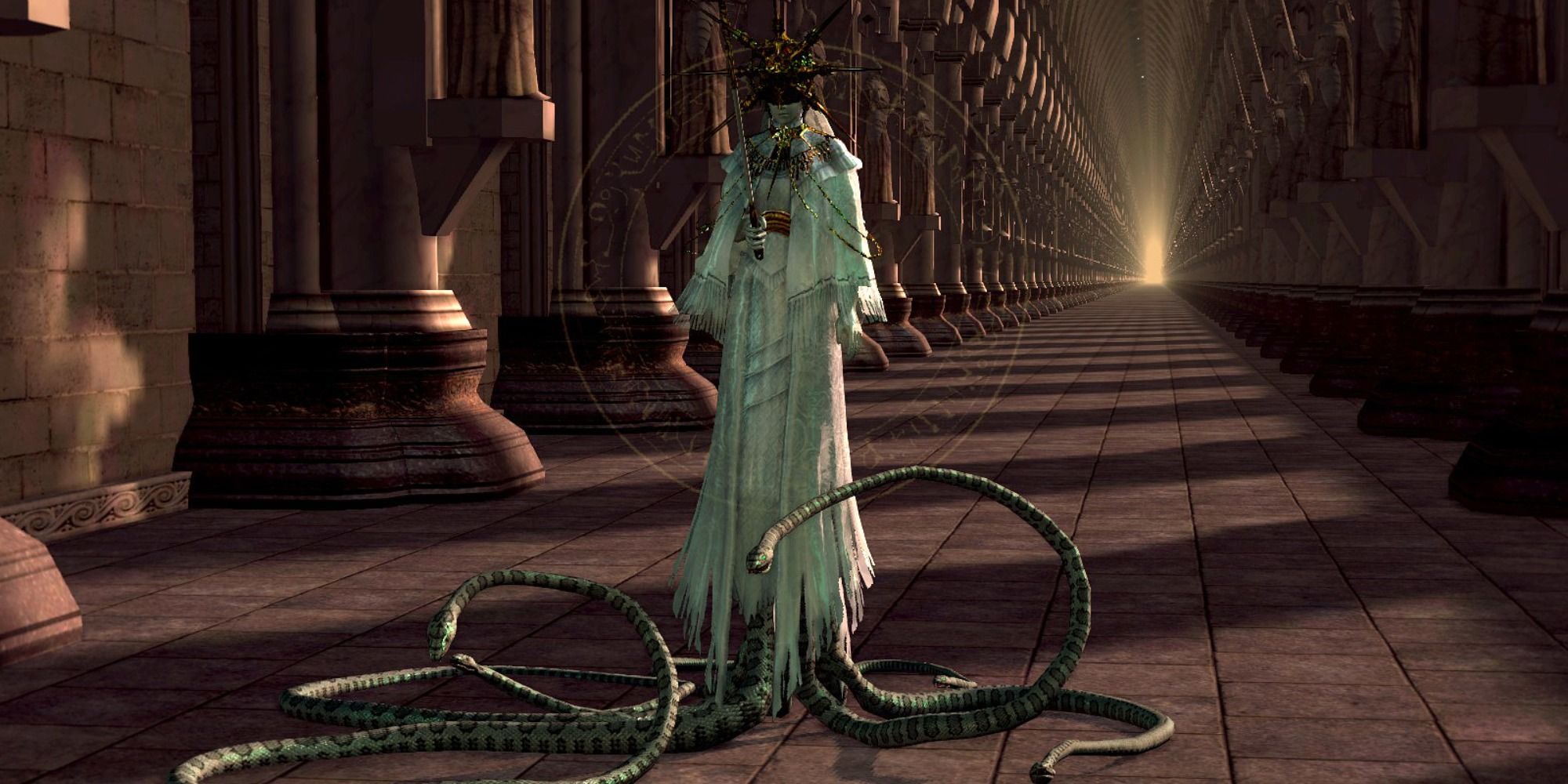
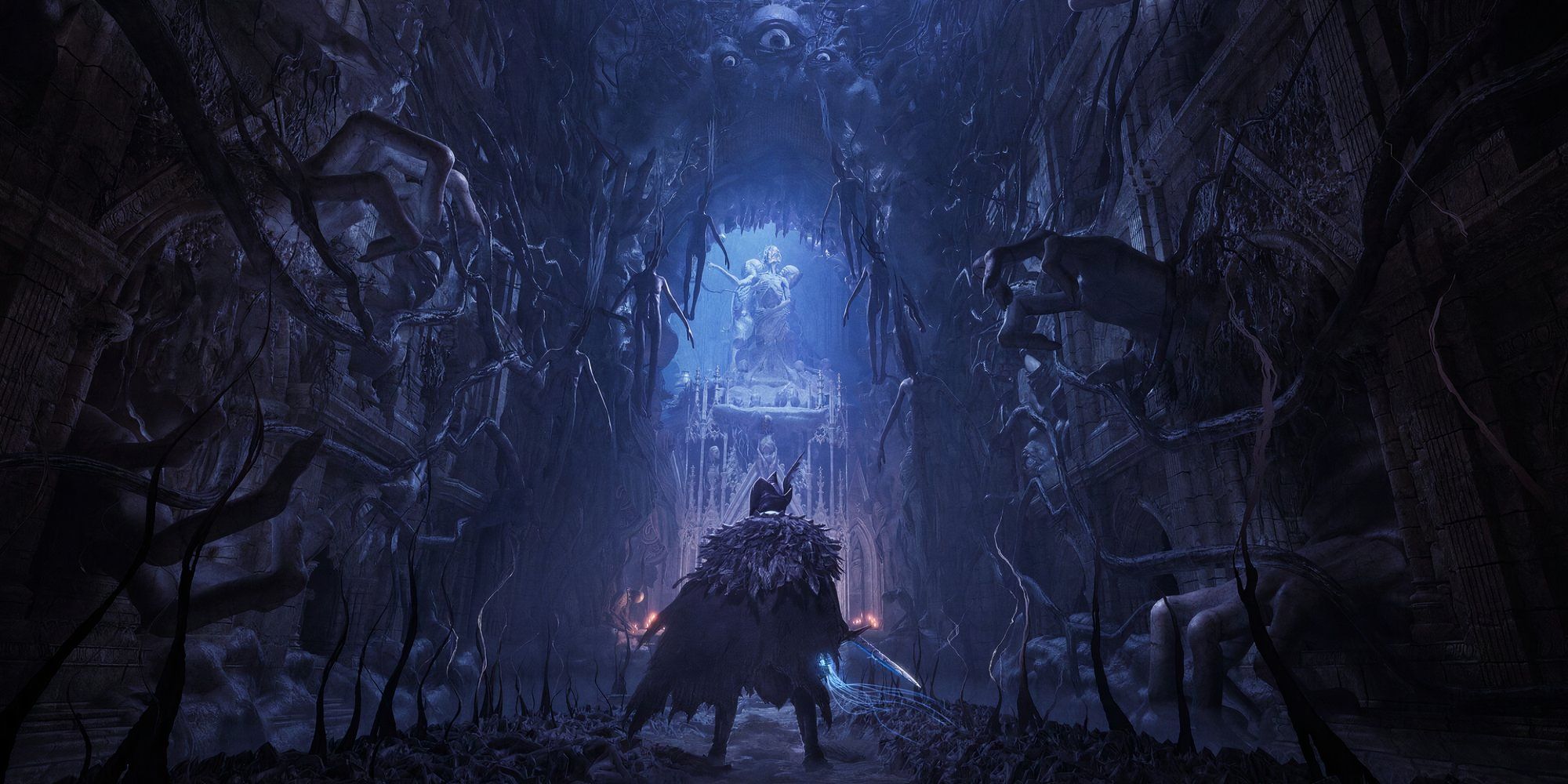



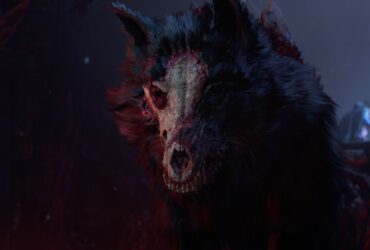

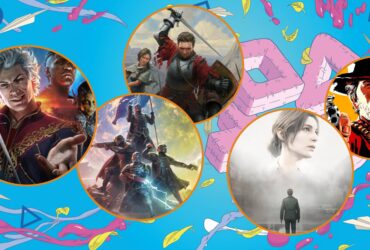
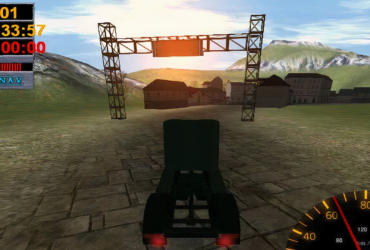
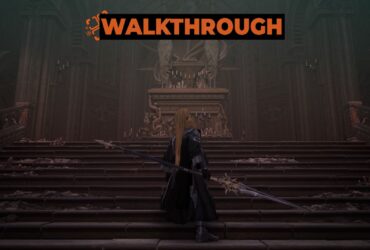

Leave a Reply